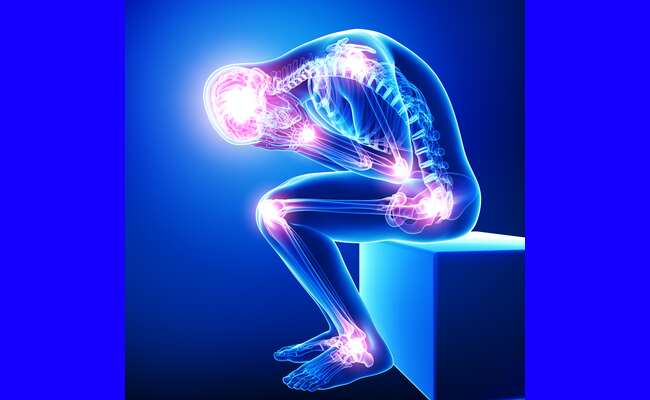
How Old Do You Have To Be To Get A Nose Piercing 2023 Best Info
June 19, 2023Pain Management Without Dependency: Alternative Methods is our today’s topic. Pain management is a crucial aspect of healthcare, particularly for individuals recovering from addiction or those susceptible to dependency. The traditional approach often involves prescription medications, which can pose a risk of dependency, especially for those with a history of substance abuse. This blog explores alternative methods of pain management that minimize the risk of dependency, offering a safer path for pain relief.
Pain Management Without Dependency: Alternative Methods

Physical Therapy and Exercise
Engaging in physical therapy and regular exercise can significantly reduce pain levels. Physical therapy is tailored to individual needs, focusing on strengthening muscles, increasing flexibility, and improving overall physical function. Exercise, particularly low-impact activities like swimming, yoga, or walking, releases endorphins, the body’s natural painkillers, and improves mood and overall well-being.
Mind-Body Techniques
Mind-body techniques such as meditation, mindfulness, and yoga are effective in managing chronic pain. These practices help in focusing the mind, reducing stress, and altering the perception of pain. Regular practice can lead to long-term benefits in pain management and emotional health.
Acupuncture and Massage Therapy
Acupuncture and massage therapy are ancient practices gaining popularity in modern pain management. Acupuncture involves inserting thin needles into specific body points, stimulating nerves, muscles, and connective tissue. This stimulation boosts the body’s natural painkillers and increases blood flow. Similarly, massage therapy helps in relieving muscle tension and improving circulation, contributing to pain reduction.
Lifestyle Modifications
Nutrition and Diet
A healthy diet plays a crucial role in managing pain. Anti-inflammatory foods like fruits, vegetables, whole grains, and omega-3 fatty acids can help reduce inflammation and alleviate pain. Staying hydrated and maintaining a balanced diet supports overall health and pain management.
Sleep and Stress Management
Quality sleep and effective stress management are essential in the pain management journey. Poor sleep can exacerbate pain, while stress can increase the body’s sensitivity to pain. Developing good sleep hygiene and engaging in stress-reducing activities like deep breathing exercises or leisure hobbies can significantly impact pain levels.
Supportive Environments
Integrative Care and Support Groups
Integrative care, which combines traditional and alternative medicine, can offer comprehensive pain management solutions. Participating in support groups for chronic pain or addiction recovery can provide emotional support and practical advice on managing pain without dependency.
For individuals, particularly women, seeking specialized support in addiction recovery and pain management, the women’s rehab center offers tailored programs that address these unique needs.
Conclusion
Managing pain without dependency on medications is a multifaceted approach that requires patience, dedication, and support. By exploring alternative methods and making lifestyle adjustments, individuals can find effective ways to manage pain while minimizing the risk of dependency. It’s important to consult healthcare professionals to tailor these methods to individual needs and ensure a safe and effective pain management plan.
Remember, every step taken towards managing pain safely is a step towards a healthier, more fulfilling life.



